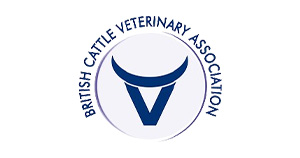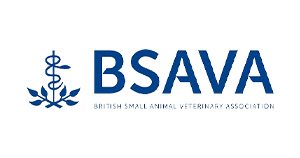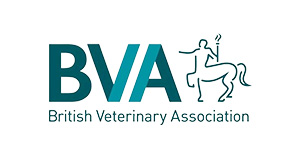Latest Bluetongue Virus Situation – 28th Sept 24
Published on: Sept 28th, 2024
This article contains as up to date information as we have on the 28th September.
Latest Bluetongue Virus Situation
- Following the identification of further cases of BTV-3 the two restricted zones have now been merged and extended.
- The new restriction zone now also covers all Lincolnshire, Cambridgeshire, Bedfordshire, Hertfordshire, all Greater London, Surrey, and West Sussex.
- This is in addition to the East Riding of Yorkshire, Norfolk, Suffolk, Essex, Kent, and East Sussex.
- Maps of the zones can be viewed at APHA interactive Bluetongue Virus Map (https://www.arcgis.com/apps/webappviewer/index.html?id=514ec88edec74575958d860f0196d2ea)
- There are no restrictions on veterinary visits within the RZ or to premises with known BTV-3 cases. Animals clinically affected with BTV-3 require veterinary care. Supportive treatment with NSAIDs has proven beneficial.
- There has been one case of BTV-3 not in a zone, which has been linked to animals known to have moved to a premises in Bath and North East Somerset from an area where disease is now known to be circulating but before BTV-3 restrictions were put in place. The premises is under restriction and the infected animals have been culled. Further testing will be undertaken to ensure there has been no local transmission.
- BTV-3 is spreading quickly across Europe and there remains a risk when importing animals from countries close to where disease has been identified. The UK CVO has confirmed BTV-3 in one imported animal in Devon which has now been culled, this was detected as part of the routine post-import process.
- For further information on movement restrictions and licenses please visit Ruminant Health and Welfare BTV hub (https://ruminanthw.org.uk/bluetongue-virus/)
Can I vaccinate my animals against BTV 3?
- Defra’s Secretary of State has permitted the use of 3 unauthorised bluetongue serotype 3 (BTV-3) vaccines within the United Kingdom, subject to licence (16 September 2024).
- Unlike the authorised vaccines for other BTV serotypes, the BTV-3 vaccines claim to reduce viraemia rather than prevent it. This means they may not prevent animals from being infected or infectious, but (depending on the vaccine) their claims include reduction or prevention of clinical signs experienced or mortality.
- For this reason, all movement controls and trade restrictions still apply to vaccinated animals.
- Animal keepers who wish to vaccinate but are not in a high-risk county should apply for a specific licence (not a general licence), through Animal and Plant Health Agency (APHA). Check if you’re in a high-risk county with the interactive bluetongue virus map.
Clinical signs of Bluetongue disease
It is important to remain vigilant for signs of Bluetongue in your stock and to call for veterinary advice if you suspect that you may have a case on your farm.
Signs of Bluetongue in sheep tend to be more obvious than in cattle and can include:
- Ulcers or sores in the mouth and nose
- Discharge from the eyes or nose and drooling from the mouth
- Swelling of the lips, tongue, head and neck and the coronary band (where the skin of the leg meets the horn of the foot
- Red skin as a result of blood collecting beneath the surface
- Fever
- Lameness
- Breathing problems
- Abortion, foetal deformities (small, weak, deformed or blind) and stillbirths
- Death
Signs of Bluetongue in cattle include:
- Lethargy
- Crusty erosions around the nostrils and muzzle
- Redness of the mouth, eyes, nose
- Reddening of the skin above the hoof
- Nasal discharge
- Reddening and erosions on the teats
- Fever
- Milk drop
- Not eating
- Abortion, foetal deformities (weak, deformed, blind) and stillbirths
- Adult cattle may be infectious for several weeks while showing little or no sign of disease

Author
Lottie Meire
Stay informed about the latest Bluetongue Virus (BTV-3) situation in the UK. Learn about expanded restriction zones, vaccination options, and crucial information for sheep and cattle owners. Identify clinical signs of Bluetongue and seek veterinary advice if necessary.
#Bluetongue Virus #BTV-3 #restricted zones #veterinary care #supportive treatment #vaccination #Ruminant Health and Welfare #clinical signs #sheep #cattle











